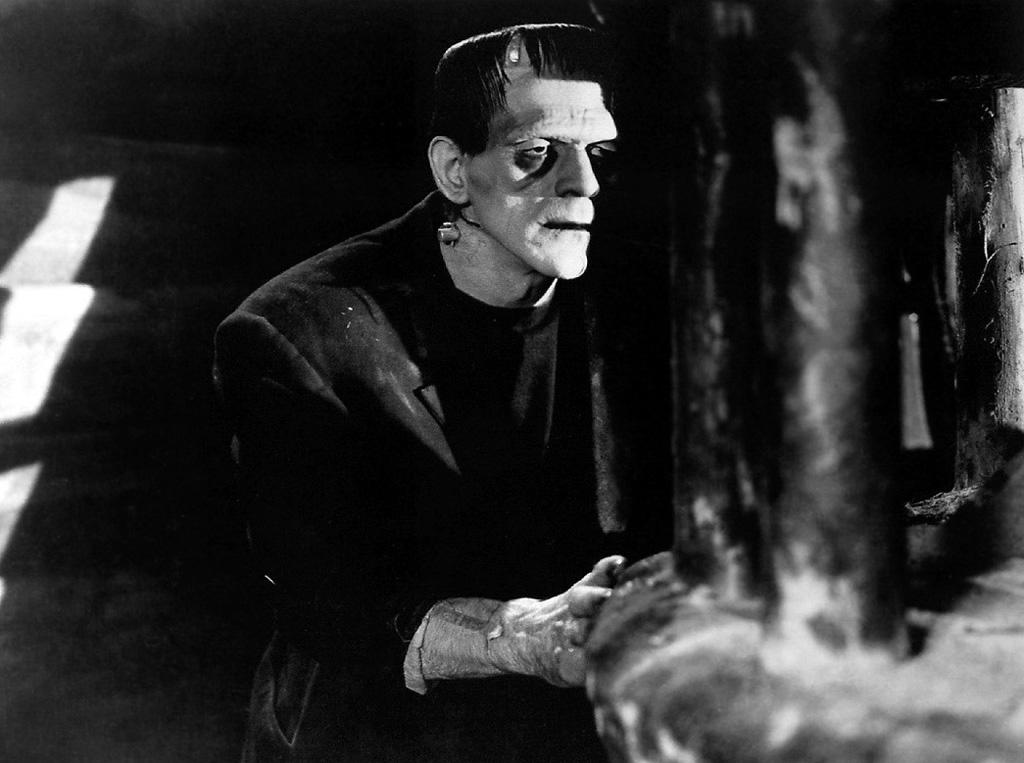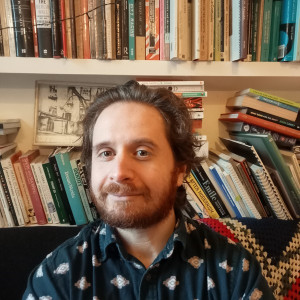Chapters

Frankenstein is one of the most important books of its time, asking some of the most important philosophical questions regarding ethics, science, and discovery.
Mary Shelley explores several themes that are intricately woven into the narrative, providing profound insights into human nature, societal norms, and the consequences of ambition.
Cleverly, the author has woven these themes into a narrative involving captivating characters, and a complex writing style which even flits between narrators as the book goes on.
In your GCSEs, you will need to be able to understand and explain some of the author’s motives and narrative, as well as the themes being explored.

Ambition and Discovery
Shelley explores the theme of ambition through the character of Victor Frankenstein, whose unrelenting pursuit of scientific knowledge leads him to the creation of the Creature.
Victor Frankenstein is a prodigious talent in the world of science, and sets about his experiments, which eventually interfere with the fabric of nature and life itself.
Victor's ambition knows no bounds as he seeks to conquer death itself. However, his ambition is coupled with hubris, as he fails to consider the ethical and moral implications of his actions. This theme underscores the danger of unchecked ambition and serves as a cautionary tale about the consequences of overreaching.
"Learn from me, if not by my precepts, at least by my example, how dangerous is the acquirement of knowledge and how much happier that man is who believes his native town to be the world, than he who aspires to become greater than his nature will allow."
Victor finds scientific study and the thirst for knowledge to be satisfying in a way nothing else is, describing it as “continual food for discovery and wonder”. Science is seen as a way to continually learn and push the boundaries, but through Victor and the Creature he creates, the author seems to be asking if we should in fact continue the quest for scientific discovery.
Interestingly, the parallel of physical, geographic discovery, through the character of Walton, can be seen as a metaphor for this ambition and mankind’s need to continually find and discover, even if this can come with considerable risk.
Throughout the novel, Shelley explores the theme of the limits of knowledge. Victor's scientific pursuits lead him to question the boundaries of human understanding and the potential consequences of pushing those boundaries too far.
The Creature's existence serves as a testament to the dangers of unchecked scientific ambition, highlighting the moral and existential dilemmas inherent in the pursuit of knowledge. Ultimately, Shelley suggests that there are certain truths that humanity may not be ready to uncover, and that the pursuit of knowledge must be tempered with wisdom and humility.
Prejudice: Monstrosity and Judgement
Victor Frankenstein sets out to create something beautiful and revolutionary, to put on a pedestal. Instead, he created a “monster”. People refer to this as “Frankenstein’s Monster” or “The Creature”.
So, what makes a “monster”? Is the author asking, indirectly, why people are so fast to judge?
One theme could be perceived to be prejudice, rooted in the fear of the unknown. The Creature is not like any human, which means that people are quick to judge. This forces the creature into isolation, which is another theme of the book.
“Suddenly, as I gazed on him, an idea seized me, that this little creature was unprejudiced, and had lived too short a time to have imbibed a horror of deformity. If, therefore, I could seize him, and educate him as my companion and friend, I should not be so desolate in this peopled earth........ He struggled violently. "Let me go," he cried; "monster! Ugly wretch! You wish to eat me, and tear me to pieces -- You are an ogre."'
The Monster or Creature is also not given an obvious name, which is a dehumanising way to be treated, and suggests that the creature is not our equal.
Creationism and Accountability
Creationism is the belief that the universe and living organisms originate from specific acts of divine creation, typically in accordance with a religious interpretation of scripture.
Creationism is one of the main themes in the story. By default, Victor Frankenstein is the creator of the “creature” and there are themes of playing god within the book as a result. Creationism, and who is accountable for this creature, are themes that are explored. Even though there is not a direct comparison with god as a concept, there are certainly nods to this dynamic.
One more direct quote that alludes to Christianity is “"I ought to be thy Adam, but I am rather the fallen angel."
This quote, from the Creature, would automatically mean that Victor Frankenstein is playing the role of some sort of god.
What do you think? Is the comparison between Victor and god a fair one? Does the author want us to think about this as we read the book?
Justice and Revenge
Driven to isolation, the Creature looks for revenge, in a search for personal justice, but there are many other examples of justice and revenge being explored in the book.
Victor and Justine are both accused of murders they didn’t commit, and as the readers, we experience Justine being executed for the death of William, in spite of being innocent. We see that the justice system is imperfect, and that there are miscarriages of justice throughout.
“It is decided as you may have expected; all judges had rather that ten innocent should suffer than that one guilty should escape. But she has confessed.”
In the relationship between Victor Frankenstein and the Creature, Victor shirks his “responsibility” as a creator, abandoning the Creature and refusing to acknowledge his role in the suffering he endures. Similarly, society fails to take responsibility for its treatment of the Creature, casting him out without regard for the consequences.
Shelley emphasises the importance of acknowledging one's actions and the impact they have on others, highlighting the ethical complexities of creation and abandonment.
Exploring Themes in Frankenstein
Are there more themes within the book? Shelley’s work, of course, can be interpreted in a number of different ways, and there are outer potential themes you may be able to pick out. The main themes are undeniably scientific discovery, unchecked ambition, and justice. The book unravels in a number of tragedies, but what are we meant to take from this as a reader?
Summarise with AI:













